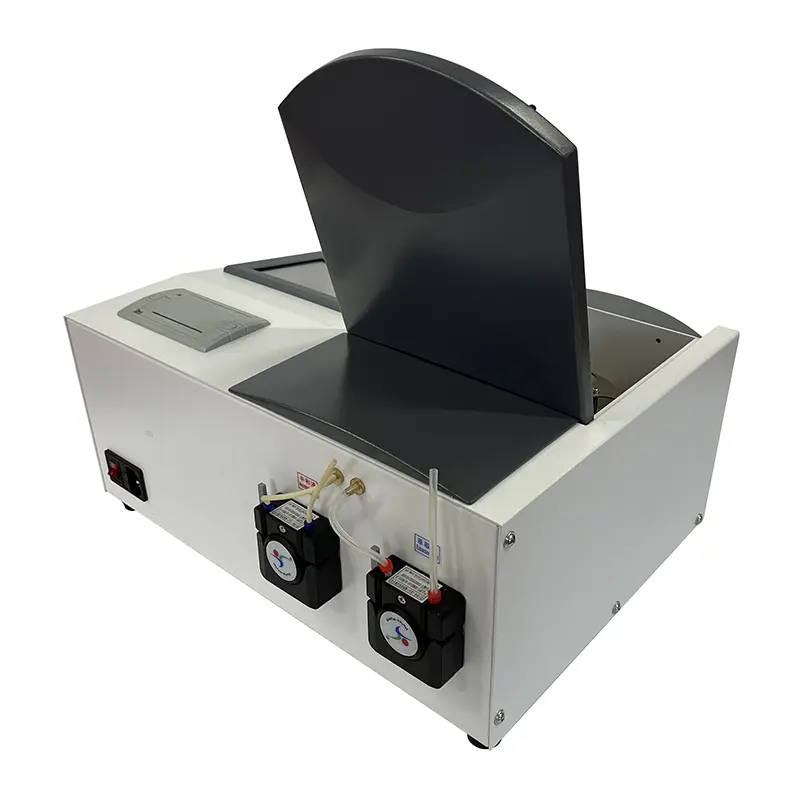Oleic acid testing is a critical aspect of oil and fat analysis, influencing the quality, stability, and shelf life of various products in the food industry. The application of advanced oil acidity meters, also known as acid value meter, has revolutionized the precision and efficiency of oleic acid analysis. These instruments offer unparalleled accuracy, rapid analysis, and user-friendly interfaces, making them indispensable tools for manufacturers seeking to optimize their production processes and ensure the consistent quality of their oil-based products.
What Is Oleic Acid?

Oleic acid, with the chemical formula C18H34O2, is a monounsaturated fatty acid commonly found in various natural sources, including olive oil, canola oil, and sunflower oil. Its presence influences the taste, texture, and nutritional properties of oils, making it a key parameter for quality control in the food industry. The analysis of oleic acid involves determining the acid value, which is a measure of the amount of free fatty acids present in a sample.
Importance Of Oleic Acid Testing
Quality Control in the Food Industry:
Oleic acid testing is crucial for quality control in the food industry, especially in the production of edible oils. The concentration of oleic acid affects the flavor profile and oxidative stability of oils, impacting the overall quality of the final product. By monitoring the oleic acid content by Oleic acid tester, manufacturers can ensure consistency and meet the desired specifications for their oils.
Shelf Life and Stability:
The stability of oils is closely linked to their oleic acid content. Oils with higher oleic acid concentrations tend to have better oxidative stability, resulting in a longer shelf life. Understanding the oleic acid profile allows producers to optimize formulations for improved product stability and reduced susceptibility to rancidity.
Role of Oil Acidity Meters in Oleic Acid Analysis
Precision and Accuracy:
Oil acidity meter offer a high level of precision and accuracy in determining the acid value of oils. This is essential for obtaining reliable data on the oleic acid content, allowing manufacturers to make informed decisions regarding product formulation and quality control.
Rapid Analysis:
Modern oil acidity meters are equipped with advanced technologies that enable rapid analysis. The efficiency of these instruments is particularly valuable in a production environment where quick and reliable results are essential for maintaining workflow efficiency and product consistency.
Automation and User-Friendly Interface:
Many oil acidity meters feature automated processes and user-friendly interfaces, making them accessible to operators with varying levels of expertise. The automation of tasks reduces the likelihood of human error and ensures consistent and repeatable results in oleic acid analysis.
Versatility in Sample Types:
Oil acidity meters are designed to handle a variety of oil and fat samples, making them versatile tools for different industries. Whether analyzing olive oil, soybean oil, or palm oil, these instruments can provide accurate acid value measurements, contributing to a comprehensive understanding of oleic acid content.